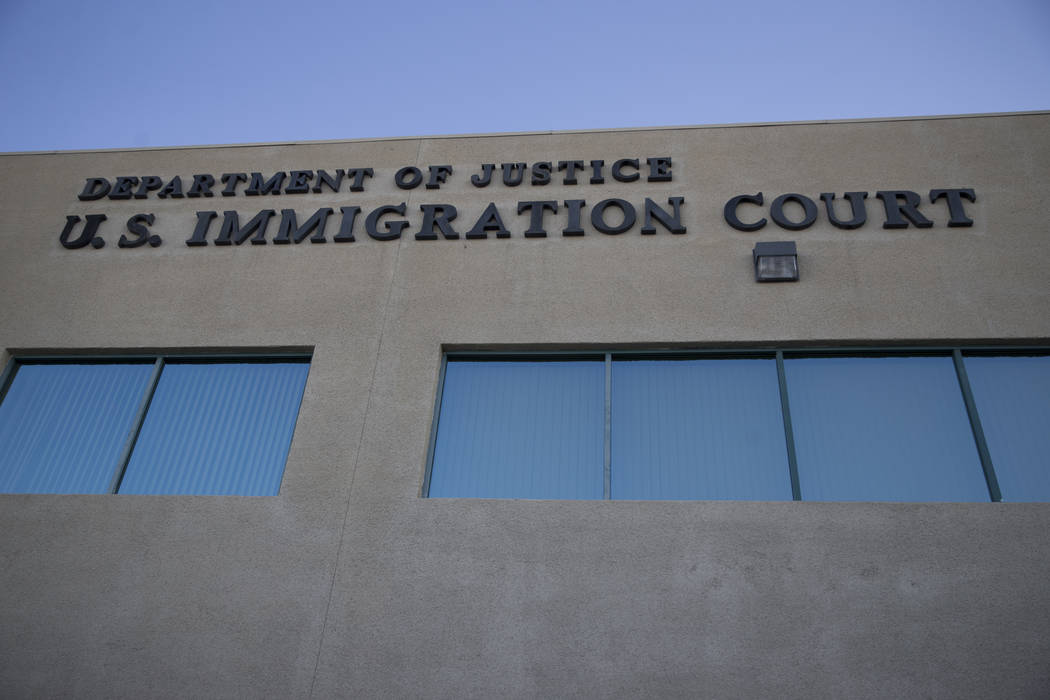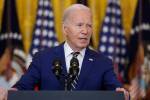EDITORIAL: Examining the trade-offs in the U.S. immigration debate
Over the past two months, there’s been much rancor and obfuscation over U.S. immigration policy. Refugees from Mexico and the Middle East dominate the debate, with high-charged emotions on both sides and President Donald Trump now on his second executive order on the topic.
The storm of noise, however — including calculated efforts by progressives to blur the distinction between legal and illegal immigration — obscures the most important question: Regardless of who we allow in, what are the trade-offs?
That was the theme of a cogent op-ed by Harvard economics professor George Borjas that appeared last month in The New York Times. Mr. Borjas wrote from wisdom gained as a Cuban refugee — he fled as a child in 1962 — and his career as an economist.
Wrote Mr. Borjas: “Not only do I have great sympathy for the immigrant’s desire to build a better life, I am also living proof that immigration policy can benefit some people enormously. But I am also an economist, and am very much aware of the many trade-offs involved. Inevitably, immigration does not improve everyone’s well-being. There are winners and losers, and we will need to choose among difficult options. The improved lives of the immigrants come at a price. How much of a price are the American people willing to pay, and exactly who will pay it?”
On the claim that immigrants do jobs that Americans won’t, Mr. Borjas points to the price of gas declining when the supply of oil rises. “The laws of supply and demand do not evaporate when we talk about the price of labor rather than the price of gas.” Further, he notes the abuse of the H1-B program, in which some companies made American workers train their foreign-born replacements. And he cites the statistic that about 33 percent of immigrants over the past 30 years were high school dropouts; America’s low-skill workforce — including “many native-born blacks and Hispanics, as well as earlier waves of immigrants” — subsequently saw wages fall as much as 6 percent.
Mr. Borjas cites a report from the National Academy of Sciences on immigration’s impact on government budgets, showing a shortfall of $43 billion to $299 billion.
There’s far more to this enlightened op-ed, points that those on either side of the issue should concede. But perhaps it’s time for activists who scorn those seeking to secure our borders to stop substituting ad hominem attacks for reasoned argument. “Accusations of racism reflect their effort to avoid a serious discussion of the trade-offs,” Mr. Borjas wrote. “The coming debate would be far more honest and politically transparent if we demanded a simple answer from those who disagree with ‘America First’ proposals: Who are you rooting for?”
Indeed. We’ll never arrive at a sensible solution to the immigration debate if both sides are simply talking past each other in an effort to gain political advantage.




























